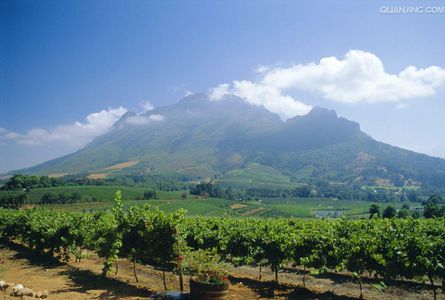Pretoria — Public Enterprises Minister Lynne Brown has expressed support for Eskom’s debt recovery strategy.
Speaking at the utility’s Quarterly System Status media briefing on Tuesday, Minister Brown said Eskom’s strategy has thus far yielded positive results.
“It is critical that Eskom recovers all its revenue to be able to honour obligations to its creditors in order to remain sustainable.
“I am encouraged by the manner in which the Interdepartmental Task Team of the department, Eskom, Cooperative Governance and Traditional Affairs with the support of Minister [Des] Van Rooyen, National Treasury, provinces and the municipalities are engaging to resolve the matter,” said Minister Brown.
Last week Thursday, the Minister instructed Eskom to give municipalities until the end of January to clear their outstanding arrears before switching off the lights.
“I have requested Eskom to delay implementing power interruptions until the end of the month to give municipalities a few more days to make agreed payments and avoid negative impacts on local customers and the economy,” said Minister Brown.
The Minister said the country’s power supply dialogue has shifted from that of load shedding and its impact on the economy, to long-term and sustainable energy solutions.
Load shedding was last implemented 17 months ago, with the power system remaining stable. Plant performance has also improved, while maintenance remains on track.
Through Eskom, South Africa has healthy reserves and adequate generation capacity to meet demand until 2021.
This as Eskom said it has surplus energy, even without the use of its open cycle gas turbines (OCGTs).
Eskom’s turnaround
The Minister noted that the utility has turned the corner considering its past history of capacity shortages, excessive diesel usage and the late delivery of new power stations.
“Since the injection of new leadership, Eskom has been able to put together interventions that have been able to steer the company in the direction where we are.”
The Minister said she is pleased with the turnaround at Eskom in line with its five-year design-to-cost strategy to achieve financial and operational sustainability.
Eskom has focused on reducing its cost base, delivering new plants and increasing its sales through cross-border sales, among others.
“The intention in the short to medium term is to lessen the burden on the South African consumer by achieving a moderate electricity tariff. I am assured that the recovery plan on the build program is running a year ahead of schedule,” said the Minister, noting Eskom’s “healthy” profit of R9.3 billion.
Independent Power Producers
Addressing concerns that Eskom has failed to connect additional Independent Power Producers (IPPs), Minister Brown said demand for electricity has been fairly flat for the last decade.
“… The Integrated Energy Plan (IRP) was based on the economy growing over 5% but in reality, the economy has grown below 2% and consequently there has been no growth in the demand for electricity, which was projected at over 2%.
“When Eskom presented its interim results, [it showed] that overall electricity sales volumes only grew 1.2%. As a result, there has to be clear consideration of the rate at which new capacity is added to the grid, [or] else we risk having excess capacity.
“These are the key assumptions underpinning the current IRP2010, which is the basis of the current choices, including the renewable IPPs.
Minister Brown said when South Africa was experiencing capacity constraints, IPPs played a critical role in the energy mix but that this came at a premium price.
“It was more expensive than coal-fired or nuclear power, but it was a price that the country was willing to pay at the time.”
The Minister called on all to allow government to finalise the Integrated Resources Plan, which will inform South Africa’s energy choices going forward.
Coal contracts
Minister Brown said Eskom will continue to radically but fairly transform coal procurement, as this is a non-negotiable national imperative.
From 2010, during its tariff submissions to the National Energy Regulator of South Africa, Eskom has outlined its concerns relating to the high cost of coal and coal quality from coal suppliers.
“Eskom will continue to source coal, as with renewable energy, at the right quality and the right price.”

